Isaac Asimov, Frank Herbert, Alan Moore; these are just a few of the most well established sci-fi authors to win a Hugo Award, (legend has it that Alan Moore turned his trophy into a bird table in his garden). A Hugo award is a true accomplishment for any author, think of it as the Oscars, but for science fiction and fantasy writers, it really is that big of a deal.
The awards are presented at Worldcon, an event run by the World Science Fiction Society (WSFS), which was held in October last year in Chengdu, China. On the day the whole thing went pretty smoothly, there was a minor controversy regarding the location but overall everything seemed fine. Ursula Vernon took home the best novel award for Nettle and Bone and that was the end of that. Or was it? Judging by the length of this article you can probably assume the answer is no.
The dreaded vote
So most literary ceremonies like to keep things hush hush, and the awards are decided by a team of judges. I don’t know how they do it but in my head I like to imagine someone wheels out a book on a little pedestal and the judges hold up boards with a score like on Dancing With the Stars. Anyways, that isn’t how it’s done at Worldcon; it’s more democratic, so long as you’re a paying member of the society. But hey, that’s much more reflective of what the people enjoyed reading, we don’t need those snooty judges with their little scoreboards.
So people cast their votes, and the winner was announced. Historically the statistics for voting are made available the same day or within a few days. However, days turned to weeks which turned to months and people were starting to get a bit suspicious. The WSFS has a constitution which lists out all the rules, it one of the rules states that they’re supposed to make the voting statistics public within 90 days. But it wasn’t until 91 days after that the votes were made available for all to see and it wasn’t pretty.
Was the vote rigged?
The issue was pointed out by Xiran Jay Zhao on X (formerly Twitter) who had been in the running for “The Astounding Award for Best New Writer” but had not received enough votes to be a finalist, or so they thought. When they looked at the votes they were shocked to discover that they had received enough votes. But they’re entry had a little asterisk next to it, meaning it had been marked as ineligible.
Jay Zhao wasn’t the only victim of this apparent random exclusion, popular fantasy writer R.F. Kuang had also missed out on a chance to be within the finals and thus a chance at winning the award for “Best Novel.” Jay Zhao pointed this out as well, sharing the image of the voting statistics and revealing Kuang had actually received the third highest amount of votes. Kuang had also just won a Nebula award and Blackwell’s “Book of the Year” for her book Babel so it would have been logical to think she could have pulled a hat trick with the Hugo had she not been disqualified for mysterious reasons.
A closer look at the vote reveals that this problem was more prevalent than previously thought, as fan writer Paul Weimer and even Neil Gaiman, of Sandman fame, were made ineligible despite receiving enough votes. Needless to say fans were pretty flummoxed, so they started investigating.
Why were certain author’s works made ineligible?
First port of call would be to check the WSFS constitution to see if there are any rules that would make these works illegitimate. As expected, nobody found anything, so the next thing to do was ask somebody in the know. We haven’t talked about Dave McCarty yet, but he’s a pretty big figure in the science fiction community. He was at Worldcon to present the awards, and it was on his Facebook page that the voting statistics were published. So some people decided to ask him which was a big mistake. Those who had the gall to ask were met with hostility from McCarty, who thought it was a good idea to just start hurling insults at those who dared to question the validity of the results. Jay Zhao shared some of his responses in a tweet.
This wasn’t a good look for the WSFS or the Hugo awards in general, and what’s more frustrating is that there was still no clear answer as to why these authors had been excluded. According to Esquire, McCarty only continued his hostilities, although in a statement he cited the constitution as the reason.
“The only statement from the administration team that I can share is the one that I already have, after we reviewed the constitution and the rules we must follow, we determined the work was not eligible.”
With a lack of answers, people began coming up with their own theories, with some suggesting that it was censorship in an attempt to avoid upsetting the Chinese government. Kuang is Chinese American and a lot of her work deals with Chinese history and politics, covering topics such as the Opium Wars and Chinese Civil War.
Jay Zhao has also been pretty outspoken against the Chinese government according to Polygon, which would also explain why their work was also censored. As for Paul Weimer, he expressed concerns over the attention the event would get from the government. Whilst the evidence isn’t 100% bulletproof, the lack of a better explanation from Worldcon has led many to believe that censorship could be the reason. As for Neil Gaiman, he has yet to be given a reason why episode six of Netflix’s Sandman adaptation did not make it into the finals.
Responding to a Facebook post made by McCarty, Gaiman and Weimer would attempt to find answers whereas Kuang would respond a day later in a post to Instagram. These pleas would fall upon deaf ears.
The leaked emails
Well we now have our answer as to whether it was censorship or not. It was. In an exposé posted by Chris M. Barkley and Jason Sandford on File770 would examine internal emails sent between admins that confirms the authors were disqualified for political reasons. An email from McCarty outright says that any political works need to be determined as to whether they can be put on the ballot.
“as we are happening in China and the *laws* we operate under are different…we need to highlight anything of a sensitive political nature in the work. […] if the work focuses on China, taiwan, tibet, or other topics that may be an issue *in* China…that needs to be highlighted so that we can determine if it is safe to put it on the ballot.”
As a quick side note, McCarty stepped down before these emails were leaked.
The emails show that it was indeed censorship, although it doesn’t look like the Chinese government actually got involved. All of the discussions occurred between western administrators who seemed to be preemptively trying to prevent upsetting the Chinese government.
Whilst it’s a bummer that these talented creatives missed out on the chance of winning an award at least they now have the answers they were looking for. That’s a very, very thin silver lining, I know, but the organizers for this years Hugo awards (which will take place in Glasgow) have assured fans that released a statement promising not to make the same mistake as their predecessors.

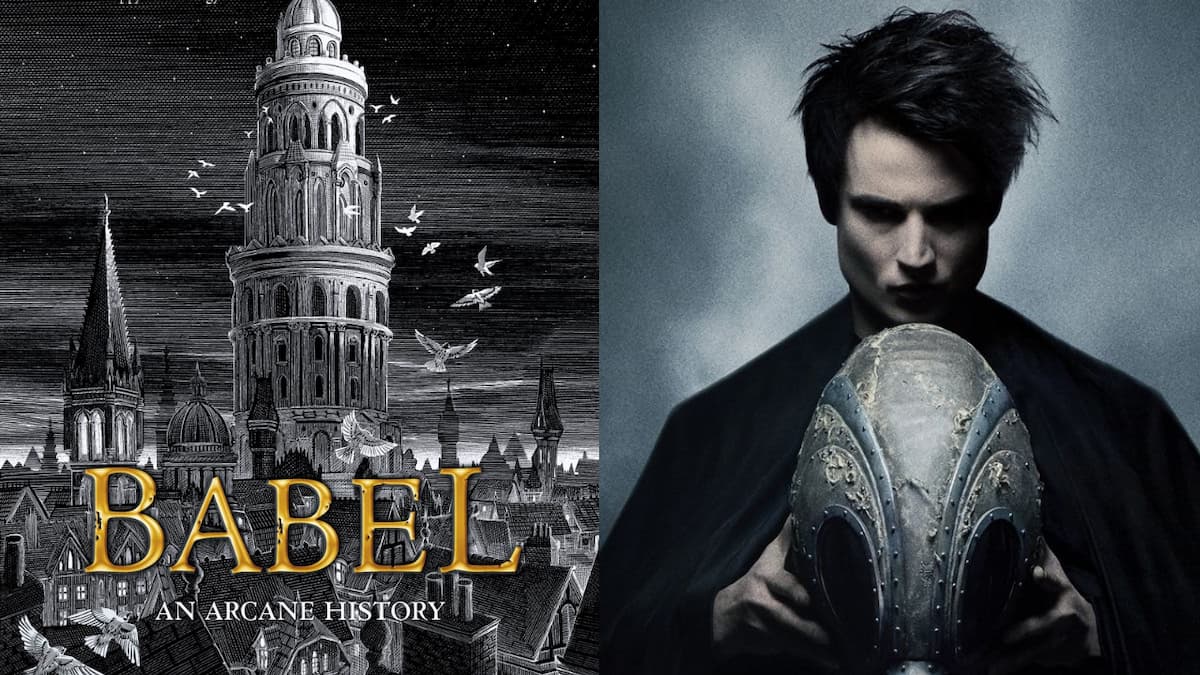


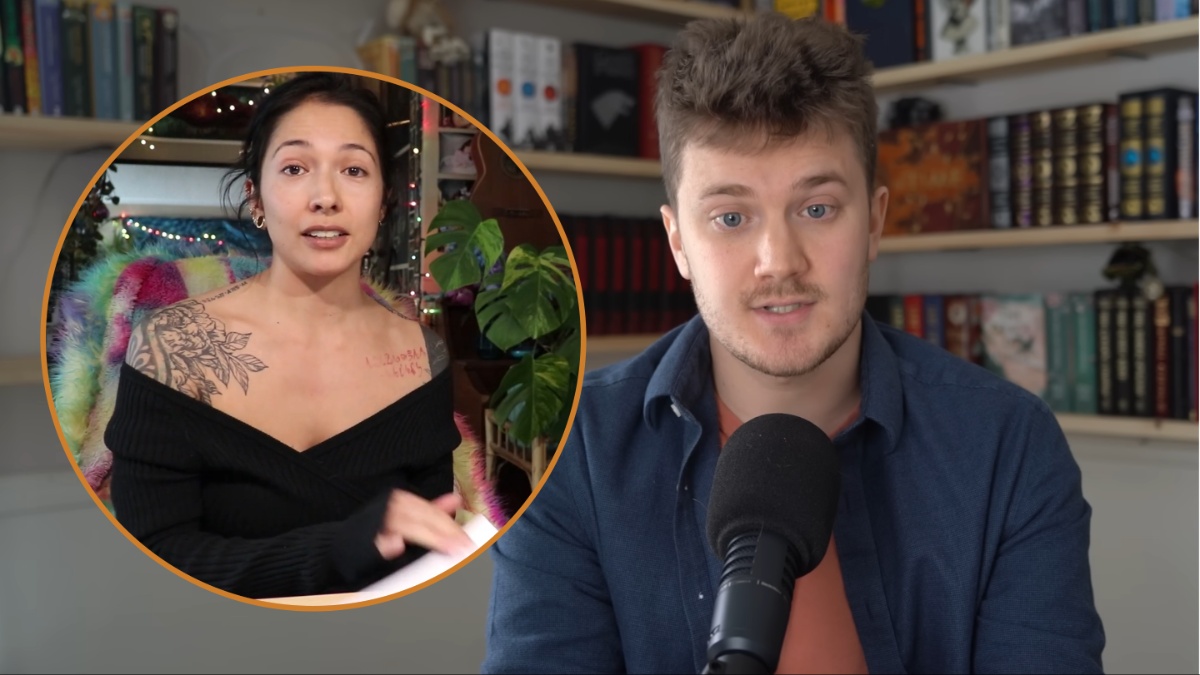
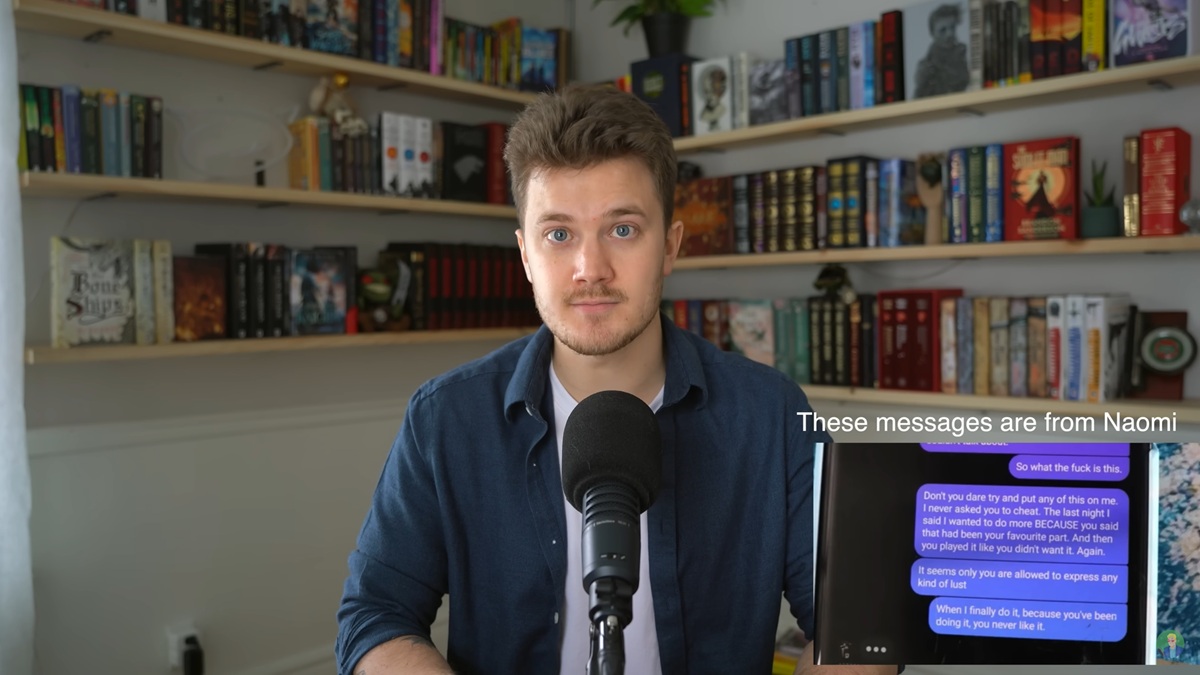
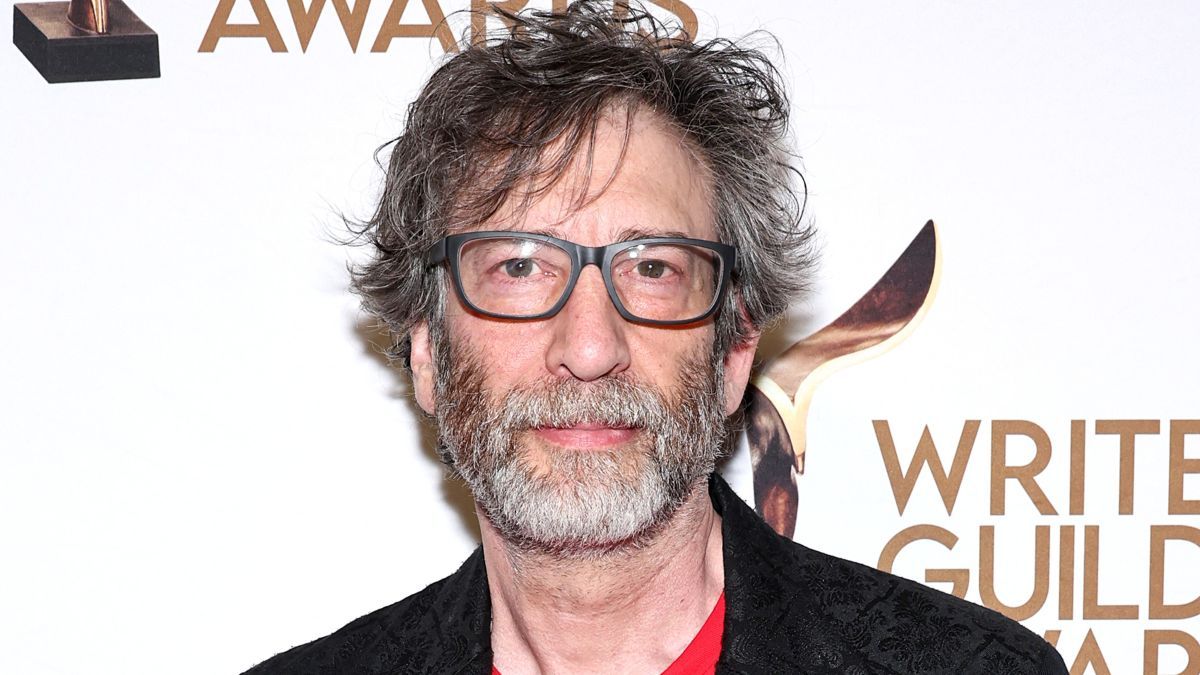


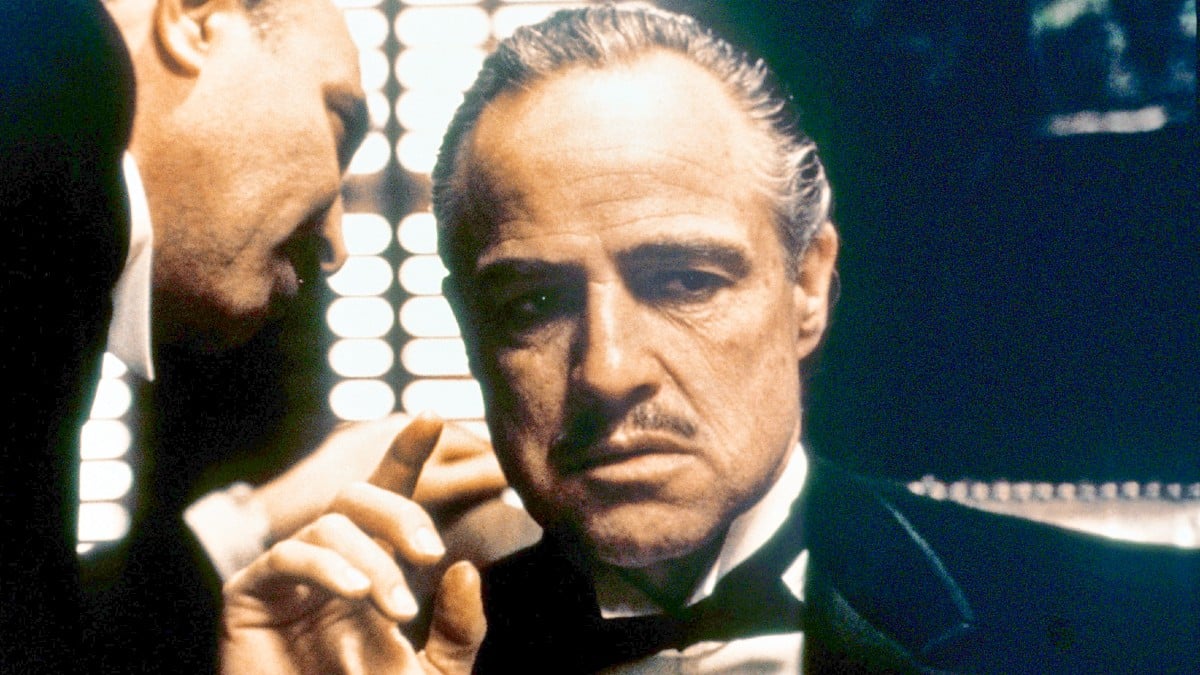

Published: Feb 23, 2024 06:17 pm